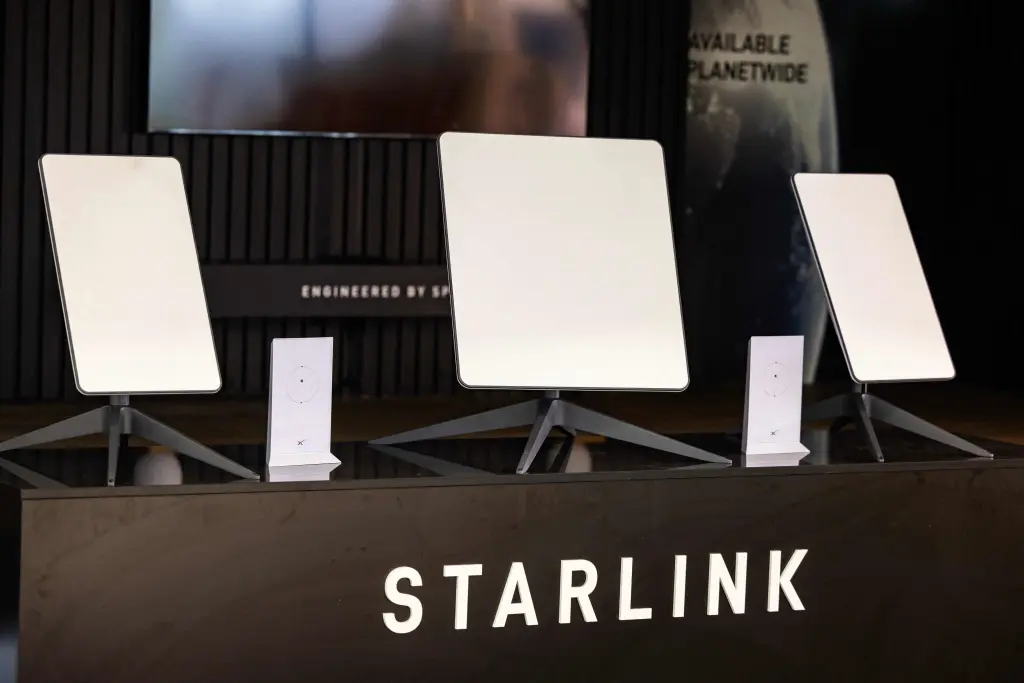A U.S. House committee announced on Monday that it is investigating the Federal Communications Commission’s (FCC) decision to deny SpaceX’s Starlink $885.5 million in rural broadband subsidies. The FCC reaffirmed in December that its decision was based on Starlink’s failure to meet the basic requirements of the program and its inability to demonstrate it could deliver the promised service, following SpaceX’s challenge of the 2022 ruling.
House Oversight Committee Chair James Comer, a Republican, sent a letter to the FCC on Monday requesting documents related to the decision by October 21. The committee aims to ensure that the FCC “followed established processes and is not improperly using the regulatory process for political purposes.” The FCC confirmed receipt of the letter and said it would respond.
In December 2020, the FCC had tentatively awarded $9.2 billion to over 300 bidders to expand high-speed broadband access, with SpaceX’s Starlink winning $885.5 million in the auction for rural service. However, in August 2022, the FCC denied Starlink the funding, citing speed-test data. Starlink had committed to providing high-speed internet to 642,000 rural homes and businesses across 35 states.
Elon Musk sharply criticized the FCC’s decision, calling it “illegal,” and recently claimed that the funding could have “probably saved lives in North Carolina” during Hurricane Helene.
In February, FCC Chair Jessica Rosenworcel testified before Congress that Starlink’s publicly available performance data supported the FCC’s conclusion that Starlink struggled to meet the program’s required uplink and downlink speed standards. She also noted that Starlink’s plan required customers to purchase a $600 dish to initiate service.
Two Republican FCC commissioners dissented from the decision, arguing that the FCC was unfairly holding SpaceX to 2025 performance targets early. Last month, Rosenworcel emphasized the need for increased competition in the satellite internet sector, pointing out that Starlink controls nearly two-thirds of all active satellites and has launched about 7,000 satellites since 2018. “Our economy doesn’t benefit from monopolies,” she said. “We need to bring in many more space companies that can develop constellations and innovations.”
